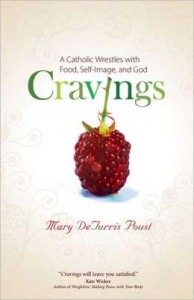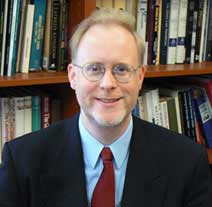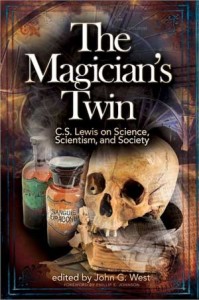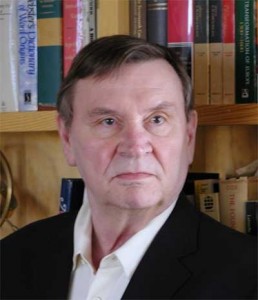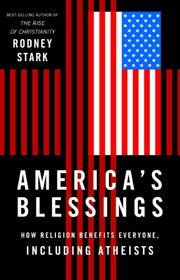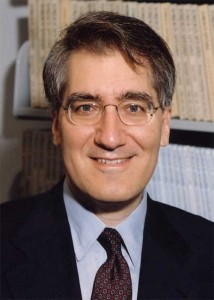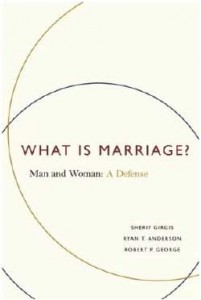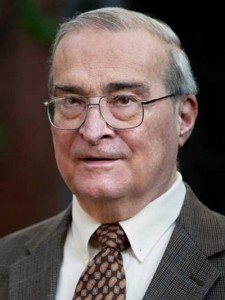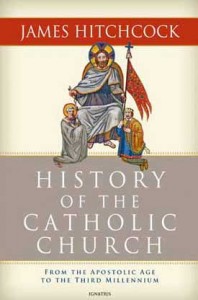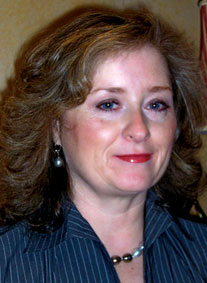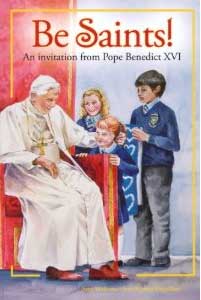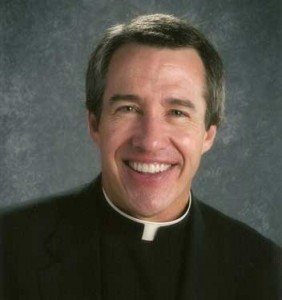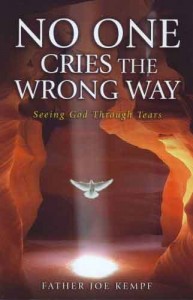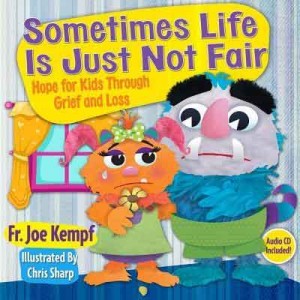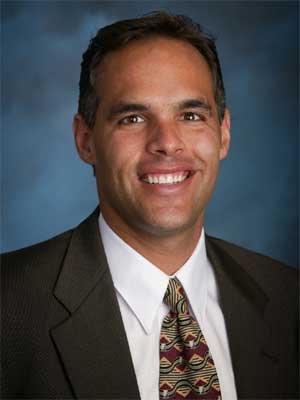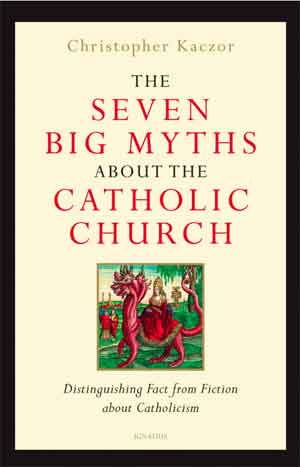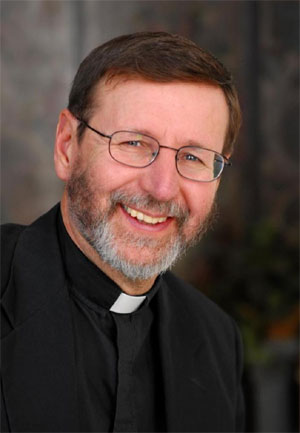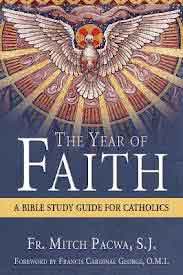He just gets better and better. Of course, I’m talking about Mike Aquilina and his joy and enthusiasm for the Catholic Church 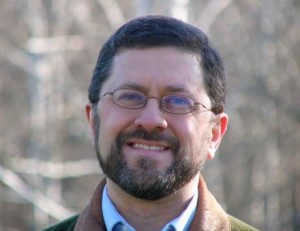 abounds in “Yours is the Church: How Catholicism Shapes Our World“. Mike is so good at getting to the nuggets contained in history and reminding us all of the significant contributions made by the Church which have changed our world for the better. Whether it is the moral leadership it has offered which has been the rudder steadying our course, or the beauty of the arts which fashion it’s sails, the barque of the Church sails the seas of time on a course to the New Jerusalem. Putting it all into a wonderful historic perspective, Mike Aquilina offers us a “must have” book that should be in every Catholic home and given to anyone joining this beautiful Church of ours. Thanks Mike!
abounds in “Yours is the Church: How Catholicism Shapes Our World“. Mike is so good at getting to the nuggets contained in history and reminding us all of the significant contributions made by the Church which have changed our world for the better. Whether it is the moral leadership it has offered which has been the rudder steadying our course, or the beauty of the arts which fashion it’s sails, the barque of the Church sails the seas of time on a course to the New Jerusalem. Putting it all into a wonderful historic perspective, Mike Aquilina offers us a “must have” book that should be in every Catholic home and given to anyone joining this beautiful Church of ours. Thanks Mike!
Podcast: Play in new window | Download (Duration: 27:03 — 49.5MB) | Embed
Subscribe: Apple Podcasts | Spotify | Amazon Music | Android | Pandora | iHeartRadio | JioSaavn | Podchaser | Gaana | Podcast Index | Email | TuneIn | Deezer | Anghami | RSS | More
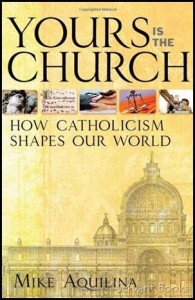 Your can find the book here
Your can find the book here
“Christianity has radically changed the world for the better. In a book that’s both thoughtful and entertaining . Mike Aquilina shows how the Gospel really has been the good news in the most practical ways possible. Even the atheist ought to thank…whoever he thanks….for the rise of Christianity.” — David Mills, executive editor of First Things


